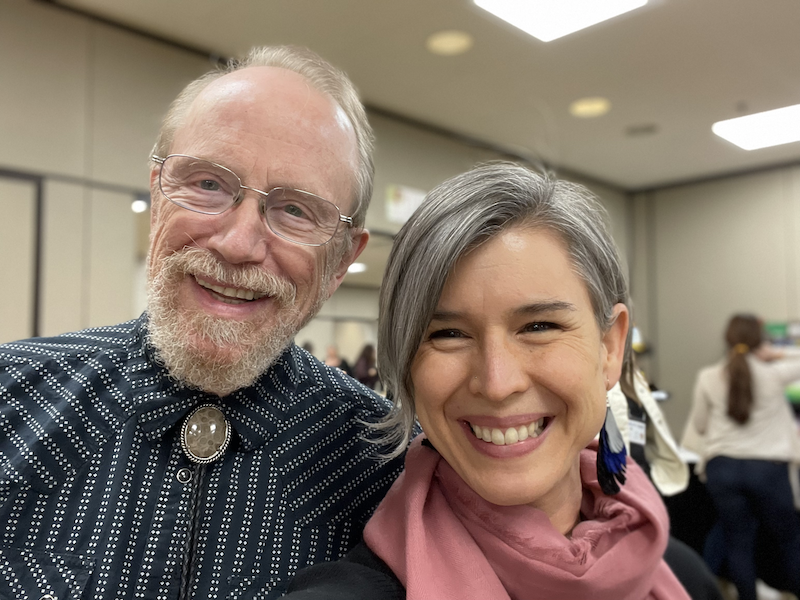Whose Problem Is It? My daughter, scissors, and a very short haircut.

A kid, scissors, and a VERY short haircut
Story Time!!
I’m going to tell you a story about my feisty youngest daughter.
When she was 4 or 5 years old, I was in the kitchen doing dishes while she was playing by herself in the other room. She had been quiet for a while (and you know when a little kid has been quiet for a long time, they are probably into something).
So, I went to check on her.
She was playing inside of her little princess tent, so I popped my head in the window to see what she was up to.
Immediately, she threw her body over something she didn’t want me to see.
Then, I began to take in what I saw: hair lying all around her on the ground, and the very edge of a pair of scissors sticking out from what she was hiding.
I gasped, and stood up to collect my thoughts.
Thankfully, I was a recent participant in a Love and Logic parenting course and had just learned the importance of not owning our children’s problems.
The phrase, “Whose Problem Is It?” came to mind.
Yes, I was shocked and upset, but this slogan reminded me not to make this about me.
How can I help her own this dilemma?
I put on my compassionate curious facial expression and knelt down.
“Well sweetheart, it looks like you’ve been doing some cutting! Do you want to come out and talk about it?”
As she crawled out of the tent, I worked hard to keep up my poker face and not have a big reaction that would make it about me.
She had literally cut her hair down to the scalp over at least half of her head.
I sat with her for a few minutes, exploring this dilemma and listening to her thought process.
Finally, I asked, “Well honey, would you like to look in the mirror and see your new haircut?”
She was ready, and so I took her into the bathroom and held her up to the mirror.
I kept my face loving and empathetic as I watched her face register what she saw.
Then, I watched a crocodile tear creep down her cheek.
I asked what she was thinking.
“But I wanted to look like Rapunzel!” she cried. I reflected on her upset over her decision and sat with her.
I wanted her to own her problem. I didn’t take away this learning experience by making it about me.
As soon as we are reacting, as parents or as helping professionals, we make what’s going on with our client or our child about us instead of about them. We want them to learn from their experience in an empathetic and supportive relationship, so they can own the problem and learn from it.
If they own the problem, they are more likely to own the solution.
She has not cut her hair again since. 
It can be very hard for us, as helping professionals, to hold space and be witness to the painful & hard decisions our clients make. We cannot fix it for them, we cannot get them to ‘get it’ by having a big reaction. And when we have big reactions, or take over owning the problem, we make it more about us than them.
Motivational Interviewing teaches us to approach clients with curiosity and look for their positive intent. Motivational Interviewing teaches us how to lock in empathy and compassionate presence. The Motivational Interviewing skills of reflective listening and open-ended questions help us explore and inquire with our clients (and kids).
Motivational Interviewing Tip of the Week: In what areas do you find yourself jumping in to own a client’s problem? Where might your own reactions of what is going on with a client detract from their experience of wrestling with change? Consider instead how you could embody the spirit of Motivational Interviewing with those you serve, through empathy & partnership, to gently explore their dilemma and seek to support them toward solutions. Remember, Whose Problem Is It?
Related Posts

Considerations on how MI applies with family over the holidays
The holidays are nearly here. How can Motivational Interviewing help us with family relationships? What about friends? How many times are you talking with your kids, partner, friends or other family members and feel that itching need to give advice or persuade them to...
Related Posts

Motivational Interviewing Miller & Rollnick! Here’s what’s new!
The name “Motivational Interviewing” seems like a less-than-fitting name for what it actually is. For years, even as a trainer, I struggled with the name Motivational Interviewing.“Motivational” makes me think of motivational speakers, cheerleading, and motivating...

Let’s Learn Together!
Hi, I’m Hillary Bolter. At MI Center for Change, Motivational Interviewing is our passion. Motivational Interviewing will help you become more effective and efficient as you support clients’ change!

